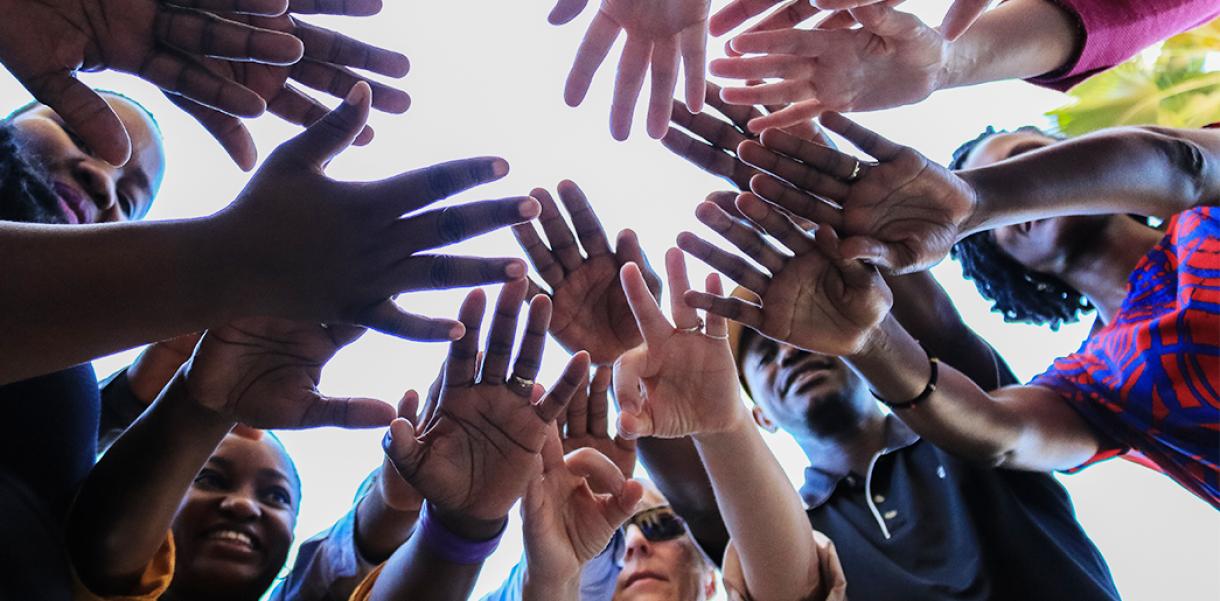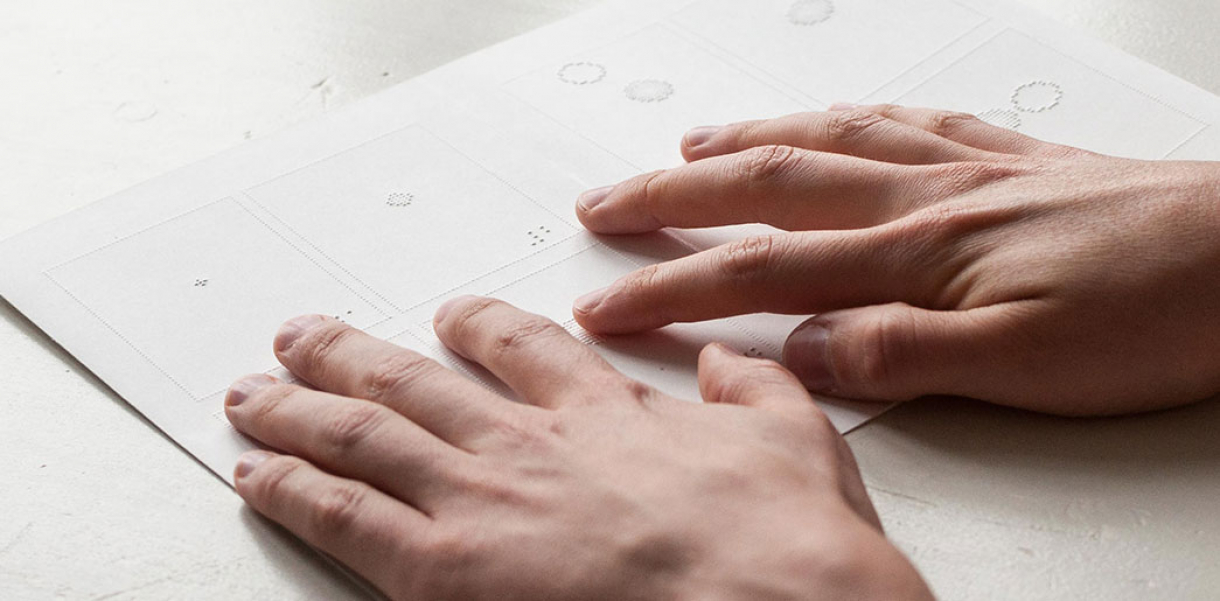“Hey, what’s up?”
The lights go out, the projector shuts down, and the air conditioning stops.
The power has gone off. But, this is Africa (TIA) and everyone except us, read: Westerners, accept it with composure.
INDEX is in Tanzania, more specifically, Dar es Salaam, in collaboration with the Climate Technology Centre and Network (CTCN) to hold a five-day workshop in design thinking methods. Participants are university professors and decision-makers at ministerial level, all with an educational background in engineering. They represent five different African countries: Uganda, Botswana, Tanzania, Malawi and Kenya. And, they’re all concerned with solving local climate change challenges, in their respective countries, with new and more holistic methods. So, they’ve come to us for help.
But, to return to the start of this story: yes, you’re always challenged when you operate on a foreign basis. Primarily challenged in language, cultural understanding and mindset. But, also in workflows, practical circumstances, physical frameworks and technical measures. And, in Dar es Salaam, all of these challenges were in play.
In the midst of an intense and focused explanation of a design-based group exercise, the power goes down — bringing our work to a sudden halt. This had never really happened to us before and, admittedly, we panicked a little because we weren’t prepared for situations like this. But, here, it’s a daily diet. And just as quickly as the power went out, did the participants quietly set off for an unplanned break or continue to work in the dark, while discreetly sending some people out to fix the problem.
With this kind of patience and readiness for conditions to change quickly, it was easy to get back to work with the group. And that’s exactly what a workshop in design thinking is all about: being flexible and open to new perspectives on challenges, processes and solutions. It also requires that you’re curious about your surroundings and the people you’re working with and that you aren’t afraid to fail. If you have this mindset, switching from plan A to plan B or maybe even plan C isn’t a reason for panic. We all learned something from this workshop about personal attitude and the differences in everyday life. And, it made the workshop much more intense that we constantly had to adjust to the physical surroundings that surprised and challenges us.
“i’m sure that this innate ease we witnesses in the group discussions as well as the openness to new knowledge and methodologies lies deeply in african culture.”
As professors and decision-makers, our workshop participants work at a very high intellectual and technological level every day. At the same time, they face several serious local issues regarding both climate and society in their respective countries. As a result, they had a powerful, as well as a highly needed, motivation for learning a design-based approach to problem-solving.
The first two days of the workshop helped participants properly define the real problem they needed to find a solution for. It’s absolutely crucial in the design thinking methodology to qualify your understanding of a problem by looking at it from many angles. This way, you can determine what aspect/s of the problem actually need to be solved. The problem should be redefined several times in the process and the participants showed incredible focus on this task.
My colleague Jana from INDEX, our CTCN collaborator and I were repeatedly impressed by how thorough the participants were in their group discussions and reflections. We introduced a design process model that was far from the participants’ own daily practice, yet they integrated it seamlessly with their own highly specialised knowledge and extensive experience with African climate challenges. I’m sure that this innate ease we witnessed in the group discussions as well as the openness to new knowledge and methodologies lies deeply in African culture. It was clear that the participants were people who listen and show empathy to other people’s attitudes and thoughts. Additionally, humour is always present, which you can’t go without in Africa. After all, when the power goes out or when lunch is an hour late, it’s only right to have some fun in the street while you wait. It’s an obvious approach: planning for the unplanned.
“We both came home with a renewed healthy perspective on our world and its challenges.”
As always, INDEX wants to create change — we want to change something for the better and help improve life for people. Did we do that with this workshop in Tanzania? While we did facilitate the process, it was the participants that brought the most value. They invited us into their unique empathetic universe, they fully embraced the merging of design thinking and ‘engineering thinking’, and they were the ones who adapted the entire program to their own calm and thorough practice.
So, at the end of the day, maybe it was us who learned the most from this process. My colleague and I both came home with some great insights about planning and process completion and a renewed healthy perspective on our world and its challenges.




